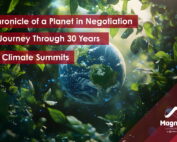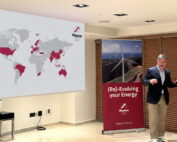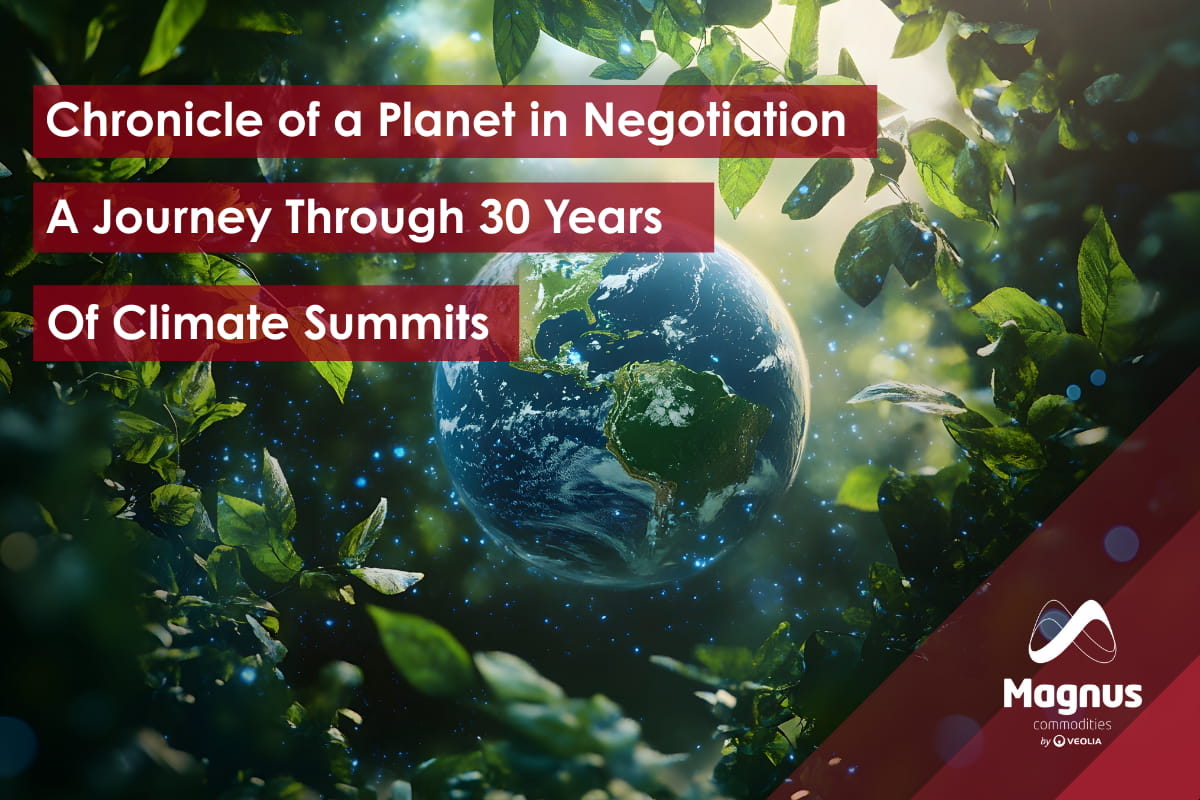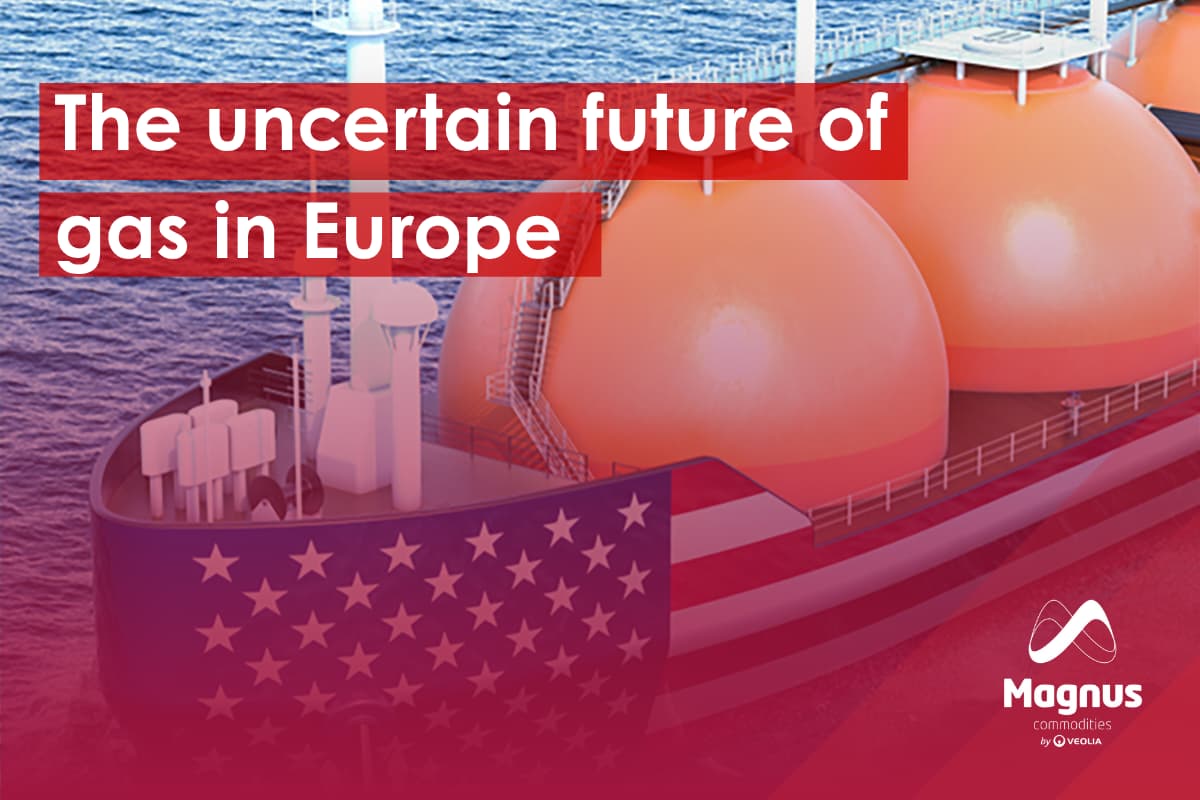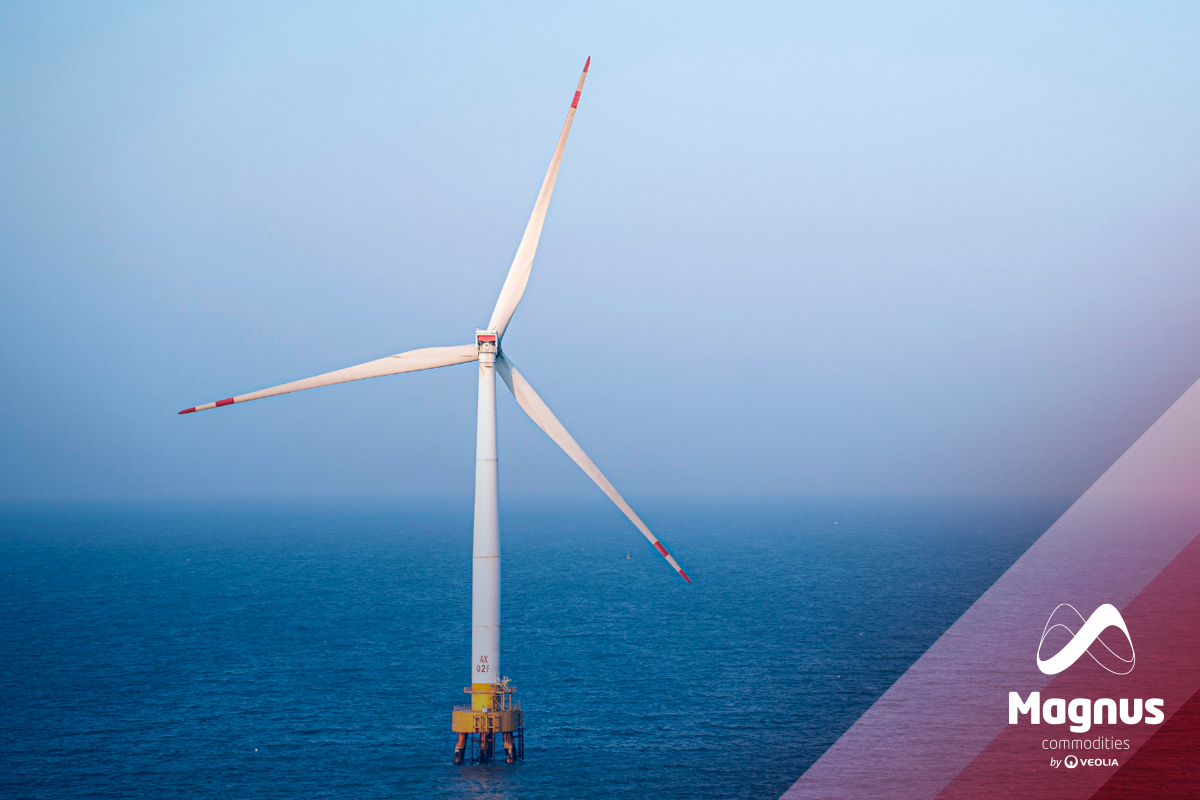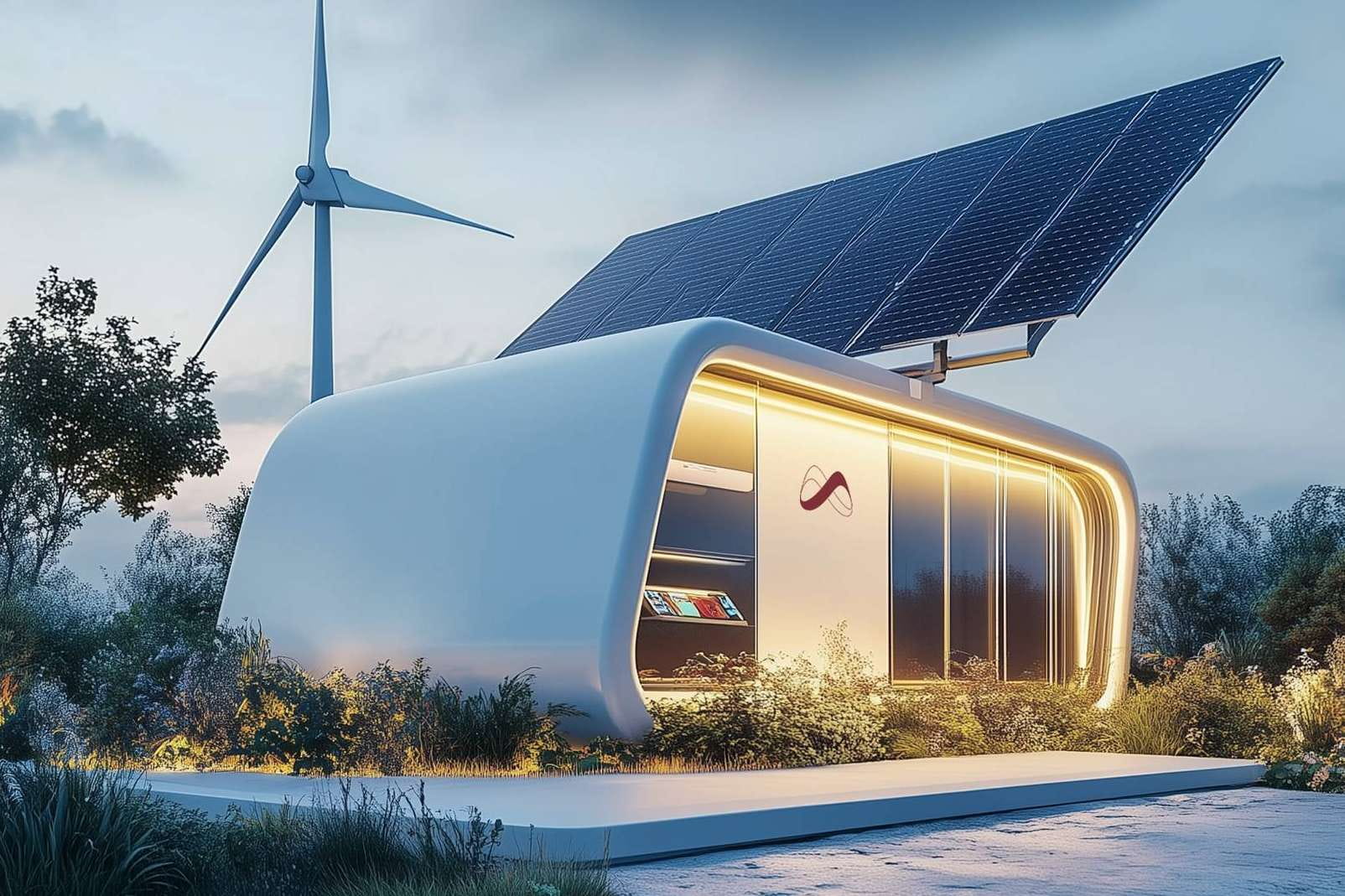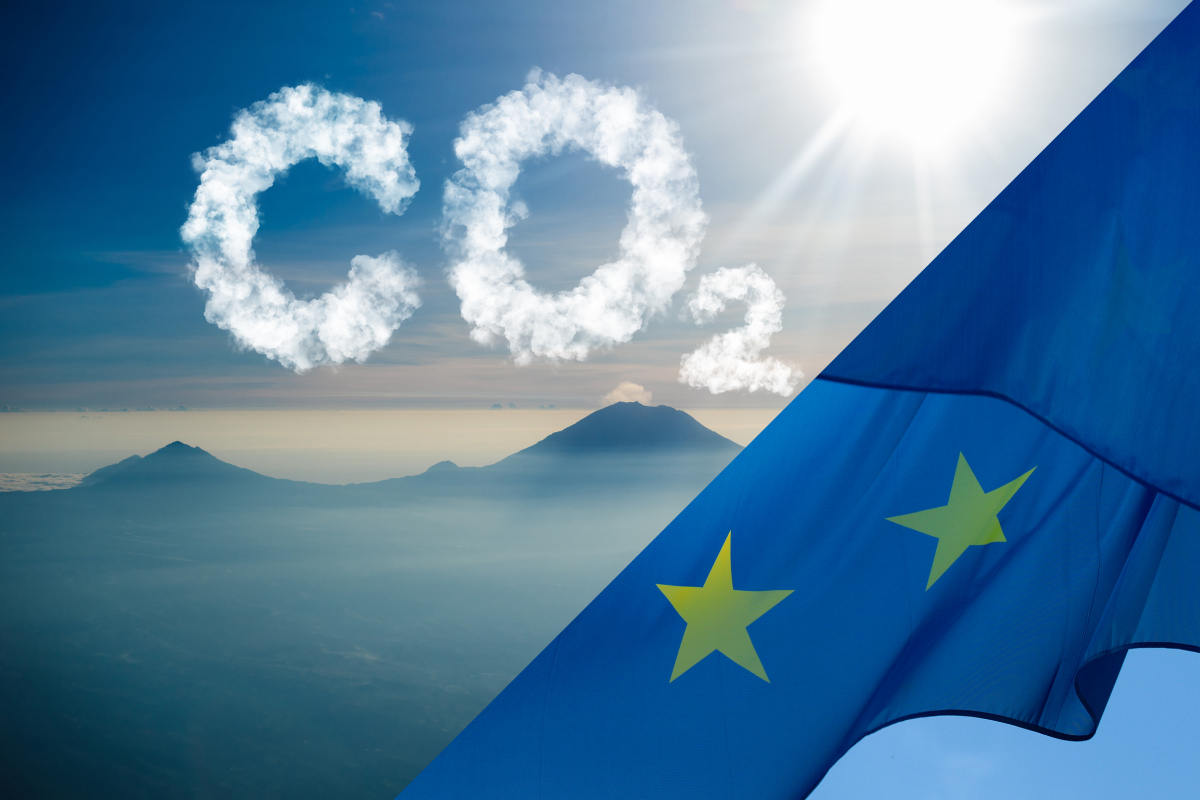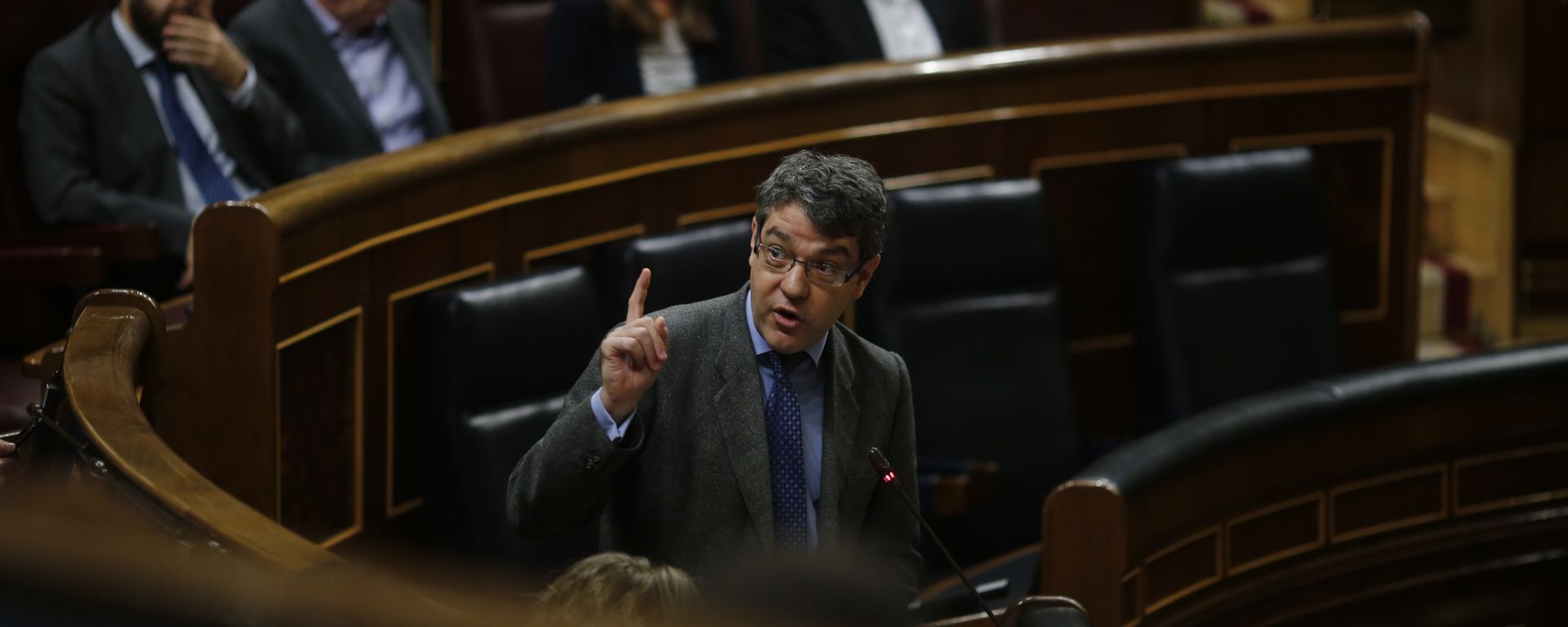
Having Christmas right around the corner and with Alvaro Nadal as new Minister of energy, tourism and Digital Agenda, named at the beginning of November, the energy sector in Spain is holding their breath for seem to where the winds blows this time.
In the short period that Alvaro Nadal took charge as Minister he wanted all the electric supplier to bear the bonus social (180-200 million of euros) rather than only in big electric suppliers. With it, he intends to abide by the opinion of the Court Supreme on delete the current discriminatory situation. An action contrary to what their successors wanted as they intended to request the annulment of the Supreme Court and denied the existence of poverty.
We already know the legacy of the Soria team and Nadal´s brother: flag bearer of the electric reform to finish with the deficit. A target that got with new taxes, with t cuts (mostly in them raw to them renewable), and also with changes in other services as the interruptibility that now is by auction or by increasing the cost of the toll of fixed access, known as term of power, in more than one 100% in August 2013. Of all these measures in 2014 the system had the first surplus of 550 million and another surplus in 2015 of 470 million of euros according to the CNMC. A surplus that has not yet go against the deficit.
That being said, in the draft of the order of rates for the exercise 2017, the Government estimated a new surplus in electricity of 110 million to 2016 but only of 9.2 million for 2017, according to “El Economista”. A surplus that is only obtained thanks to the compensation by the costs of extra not peninsular territories of 175 million from 2015. Without such compensation, is estimated a deficit of 1%, finishing with the surplus path of the past three years. How is this possible?
In the draft of the electrical tolls order for 2017 it announces a freezing of the charges and since 2% of their estimated income for that exercise that is introduced in 2013 in the law of the electric sector not is reaches there is no option for changes. The amounts of the transport and the distribution cost remained unchanged as well as of the income expected to raise from consumers. Besides, the amounts of the split to be supported by General budgets are unchanged too. However the cost of items intended for renewable energy are higher. It goes from 6.502.43 million in 2016 to 7.163 billion in 2017 (6.987 million of increase respect to 2016 plus 176 million by amounts received of less in 2015).
It seems that Alberto and Alvaro Nadal are each one a side of the “two-faced” villain of the Batman series. But it is still soon to know if the new Minister’s is the good or the bad one. What is true is that in this legislature Alvaro Nadal will have to agree with other parties on the future initiatives. The elections last June 2016 drew a political scenario where PP party has not the absolute majority in the Parliament:

With this background, it is reasonable to imagine that agreements will mostly happen among PP, PSOE and Cuidadanos. Let see a brief summary of the energy models that the four main groups presented on their campaigns:

Popular Party proposed follows with the current political transition energy and continuesthe penetration of energy renewables in the energy mix.
For the nuclear energy, they want to keep the current nuclear centrals and complete the construction of the ATC in Villar of rods (ATC). However they have not ruled over the closure of nuclear centrals that are at the end of its end-of-life.

PSOE wants to reduce the emissions per capita from 7’3 to 1’7 tons to 2050. For this, they intent to develop a strategic plan that overcomes in 2030 the 70% of participation of the renewable on the matrix energy.
Within regard to the energy nuclear, they proposed to review the creation of the ATC in Villar of rods and close the nuclear centrals which have 40 years of life (i.e., 2028 we will not have any nuclear in Spain and Garonne could not be reopened).

Podemos proposes an energy plan of transition , so that in 2050 the 100% of the consumption comes “of renewable enrgy such as the solar, the windpower, the geothermal, small hydroelectric and the biomass of low emission”.
Also, they advocate by a gradual closure of the nuclear centrals (following the combined cycles and carbon utilities) operating in Spain.
![]()
Citizens also want a gradually transition towards renewable energy. Their greatest bet is the self-consumption, by eliminating any lock and deleting the so called “Sun tax”.
Regarding to the nuclear, Cuidadanos were not specific.
There are points in common. What’s more, the political consensus reach including Podemos, in the 30th of November to finish with energy poverty, has been taken as the first step to a possible Pact of State in energy.
A consensus that did not take place during the four years of PP absolute majority, because all the initiatives presented by the parliamentarian groups that aimed to solve the needs of these people without resources were put down in the Congress.
This consensus allows the continuity of the social bonus funded by all the electrical suppliers, and not only the big ones. This consensus created an unease on the whole supplier sector. Also it has been portrayed as a gesture of the PP towards the left to approve the budgets.
Now well, this consensus does not seem to play again in the short term with the great elephant of the room known as the “tax to the Sun”. A charge estimate to raise 0€ for 2017 it has not been yet approved the regulation to allow the supplier to charge it. Now it will be 1 year since the approval of the RD 900 / 2015. This Royal Decree was defended by the former Minister and the undersecretary Alberto Nadal but is a charge to which the rest of parliamentarians groups opposed. And in spite of this, the current Minister Álvaro Nadal continues to defend it even though he announced that he would review it. Under the pretext of avoiding the “strong consumers” as those who have “2,000 square meters of garden with spacious roof level” to move their cargo to other users and the idea that if it is deleted this could affect to the budget, worsening the situation, Nadal hold its posture.
As we have seen, after the approval of the budget it has been announced that the fundraiser scheduled for 2017 by the “Sun tax” is 0, so it is not understandable as how this amount can affect to the budget. The Minister has just kill another argument to not review the Real Decree.
With regard to Brussels, they could be upset not because of “the tax to the Sun removal could affect to those budgets” but because is a measure that goes against the new European directive of efficiency energy. A policy which promotes the shared self-consumption and the electric vehicle. Curious that the Congress of Deputies already have a law to boost the electric vehicle in a national level under the law of mobility electric but they do not start the review the real Decree of share self-consumption. And the question is, why vehicle electric yes but share self-consumption no?
And many other questions arise: concerning the coal national and the warranty of supply, the future auctions for renewables andtheir raw, them cycles combined and its possible hibernation, the possible closing of nuclear, the impulse of smart grids and distributed generation, the destination of the Fund of efficiency energy… Many are the unknowns that leave us holding the breath. By this, and citing to the other brother, Alberto Nadal, it would be a good gift that will take to out a Pact of State of power on “bases of common sense” and that “transcends the ideologies”, sustainable in the very long term.
If not, the consumer of Spain will be sentenced to pay each year a higher bill to face the decisions in political energy of each party. Decisions that leave to an increase the installed capacity in system which show 40% of overcapacity already.
Marta Merodio | Energy Consultant
If you found it interesting, please share it!
Recent Articles

